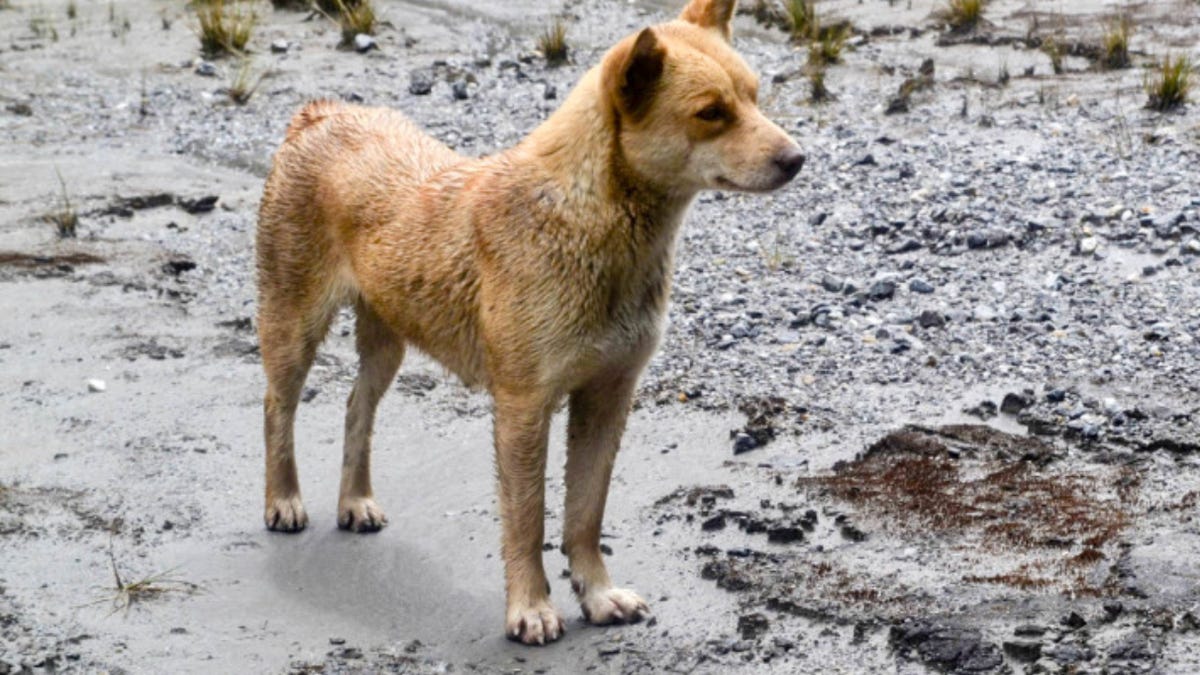Elusive singing dogs discovered after being considered extinct for 50 years
They ain't nothing but a hound dog, singing all the time.

It ain't over 'til the highland wild dog sings.
For the past 50 years, New Guinea singing dogs were thought to be extinct in the wild, their songs permanently silenced in the wilderness. Researchers believed that captive descendants of these singers were the only remaining evidence of the wild dogs at all.
But new DNA evidence has emerged linking captive New Guinea singing dogs with highland wild dogs, suggesting an ancestral relationship and inferring that for these vocalists, the show may still go on.
The new study, published in the Proceedings of the National Academy of Sciences, analyzed photographs, fecal samples and blood samples from the elusive highland wild dogs to find a similar genome sequence to the original New Guinea singing dogs -- with over a 70% match in genes.
Despite differences in the sequence, the researchers believe they still indicate the dogs are the same -- attributing the differences to different environmental factors and the fact most captive New Guinea singing dogs have been the result of inbreeding.
Elaine Ostrander, a geneticist at the US National Human Genome Research Institute and the study's co-author, told sustainability website Treehugger. "This is the first study of highland wild dogs done using nuclear DNA, the gold standard for studies like this, which makes it quite special."
"The study also fills in some missing blanks in understanding the complex relationship between highland wild dogs, dingoes and New Guinea singing dogs in conservation centers," she said. "The results of the study provide a means for conservation biologists to move forward with additional studies and as they think about how to restore the variation in the New Guinea singing dog conservation population."
Given that the highland wild dog is still one of the rarest dogs in the wild, the new research may mean they could be subject to environmental protection, to ensure that the last remaining canine crooners don't truly go extinct.

